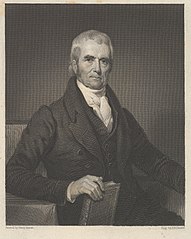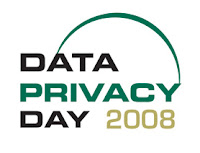Is email ruining my life? How about yours?
 In 1971, Ray Tomlinson (left) developed the code that enabled him to send an e-mail between two computers (on ARPANET) for the first time. Now it is as central to the lives of everyone reading this blog as it is to the modern global economy.
In 1971, Ray Tomlinson (left) developed the code that enabled him to send an e-mail between two computers (on ARPANET) for the first time. Now it is as central to the lives of everyone reading this blog as it is to the modern global economy.
However, a little while ago, I blogged about Nora Ephron’s six stages of email – from infatuation to death – and about Jonathan Zittrain‘s proclamation of the death of email. It seems that for everyone who proclaims death by email, there is another to proclaim the death of email; for everyone who provides survival strategies for email overload, there is another to chart the decline and fall of email.
And now, another pair. While Law21 confidently pronounces on The Last Days of Email, the BBC tells me that E-mail is ruining my life! Some extracts:
…… A recent study found one-third of office workers suffer from e-mail stress. And it is expensive, too. One FTSE firm estimated that dealing with pointless e-mails cost it £39m a year. …
… changing the way we communicate changed the way we worked. This technology also has its downside. It’s too easy to write an e-mail and hit the send button.

 Do you feel safer on the internet today? Do you usually feel unsafe on the internet? Well, today is Safer Internet Day; further information via the
Do you feel safer on the internet today? Do you usually feel unsafe on the internet? Well, today is Safer Internet Day; further information via the 
 From today’s Irish Times
From today’s Irish Times


 Susan P. Crawford The Internet and the Project of Communications Law
Susan P. Crawford The Internet and the Project of Communications Law